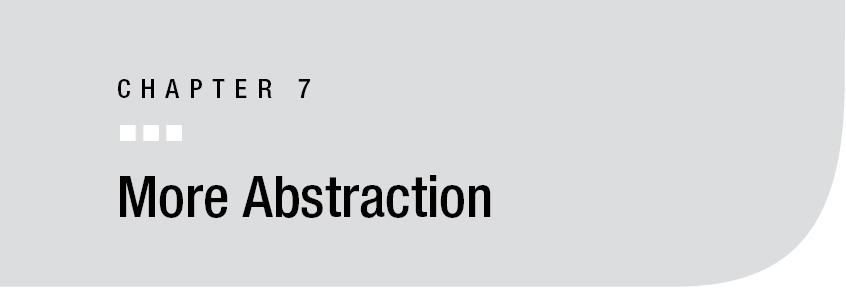
In the previous chapters, you looked at Python’s main built-in object types (numbers, strings, lists, tuples, and dictionaries); you peeked at the wealth of built-in functions and standard libraries; and you even created your own functions. Now, only one thing seems to be missing—making your own objects. And that’s what you do in this chapter.
You may wonder how useful this is. It might be cool to make your own kinds of objects, but what would you use them for? With all the dictionaries and sequences and numbers and strings available, can’t you just use them and make the functions do the job? Certainly, but making your own objects (and especially ...
Get Beginning Python: From Novice to Professional, Second Edition now with the O’Reilly learning platform.
O’Reilly members experience books, live events, courses curated by job role, and more from O’Reilly and nearly 200 top publishers.

